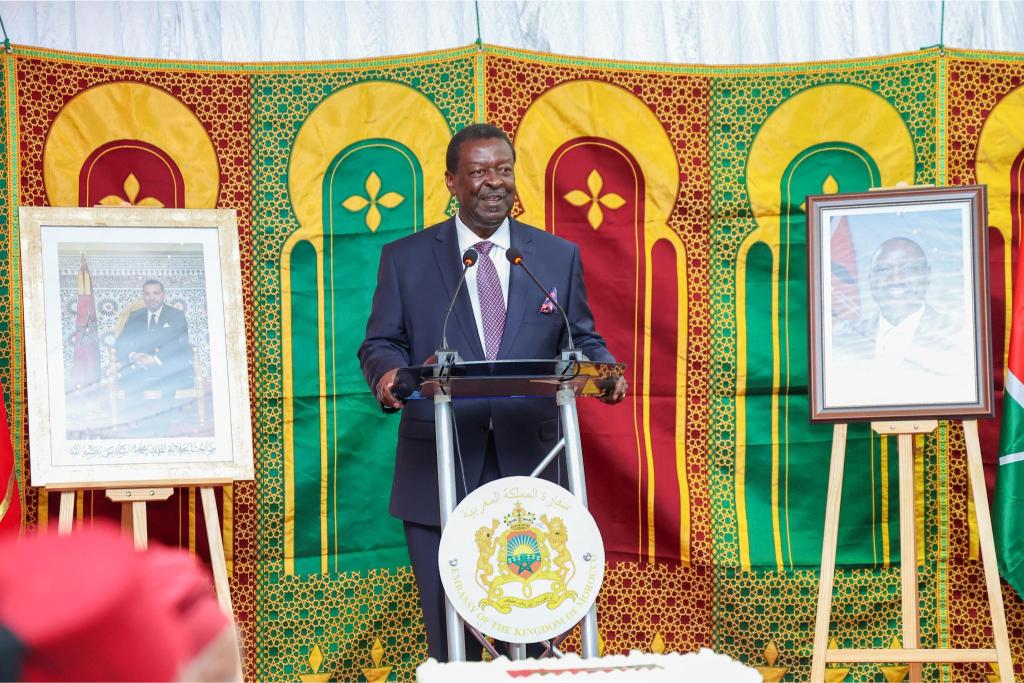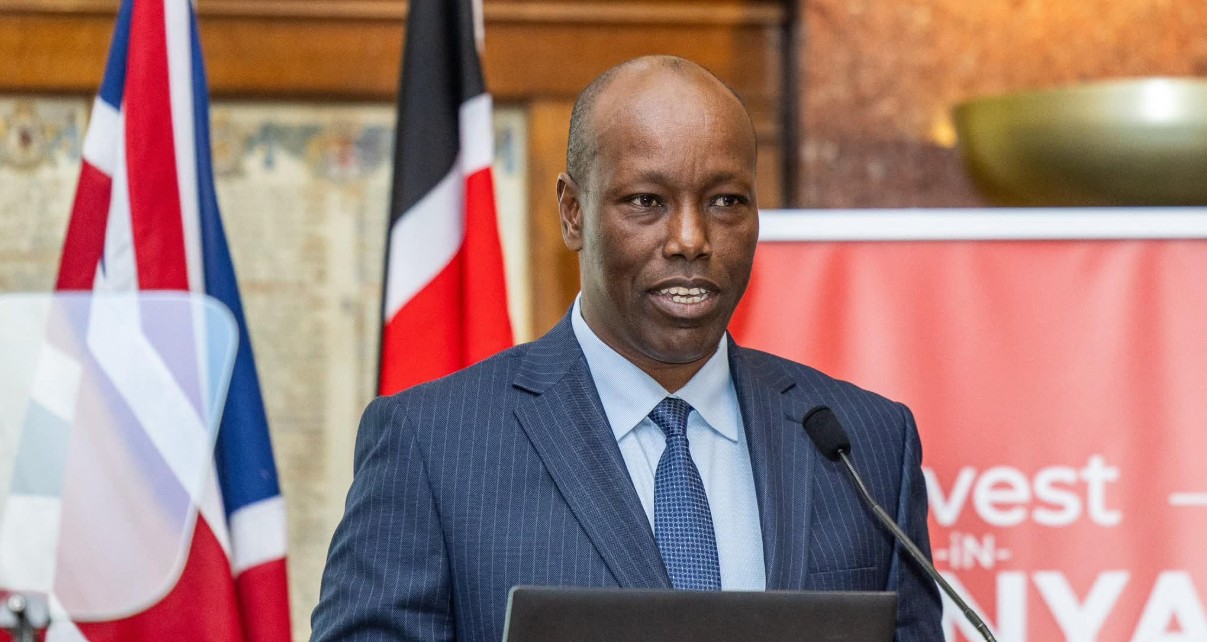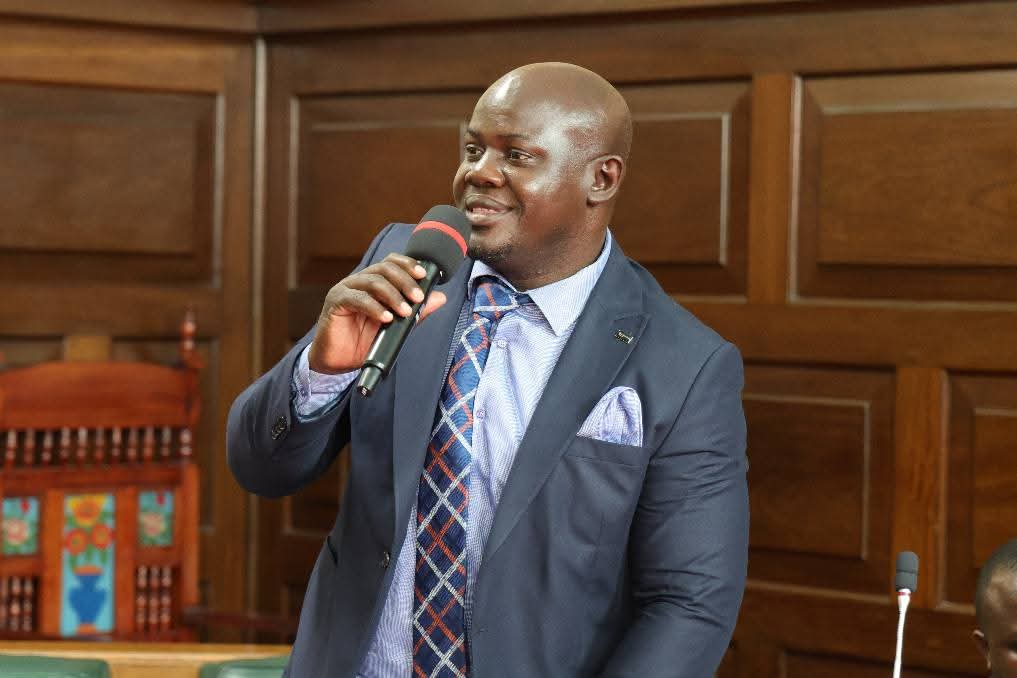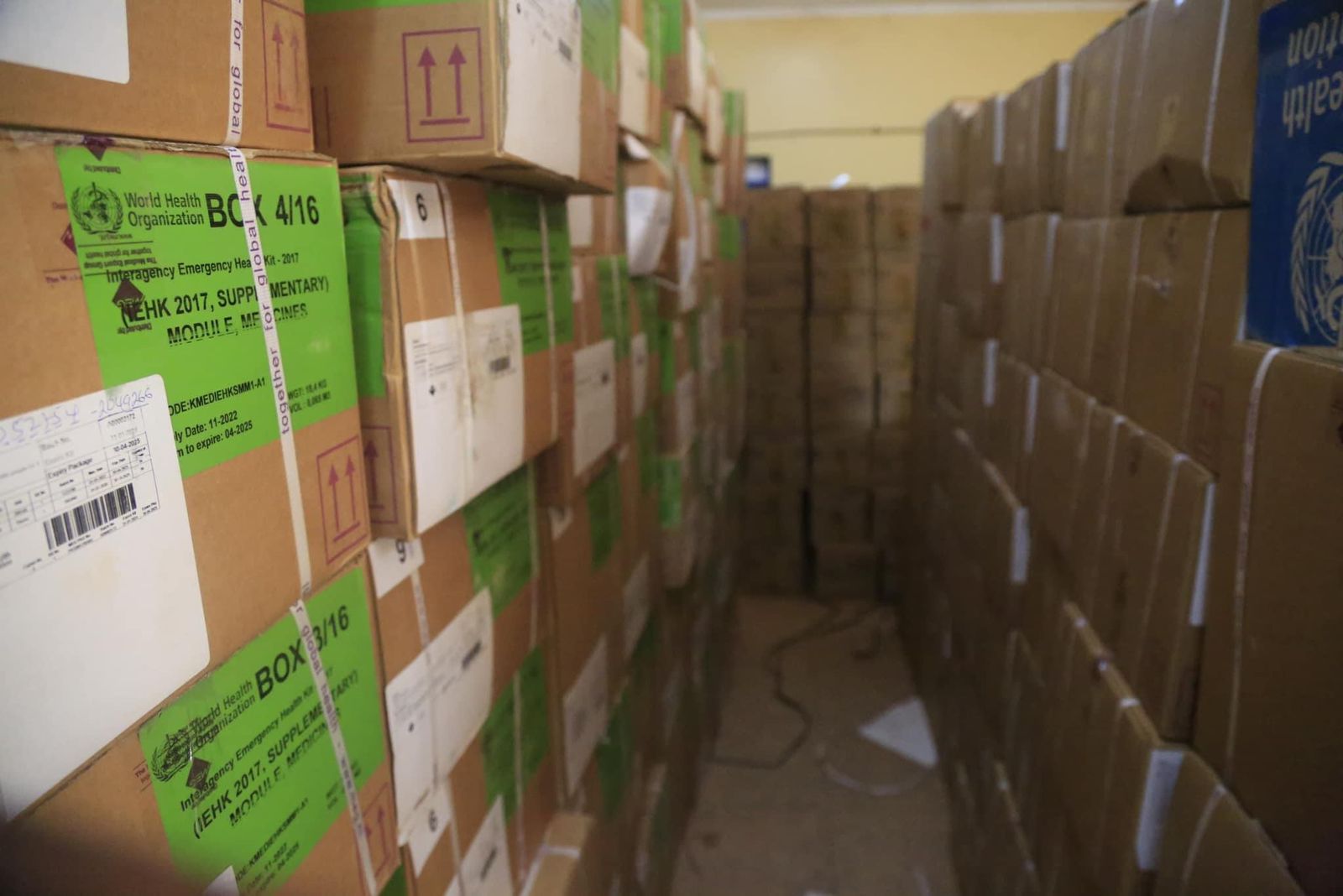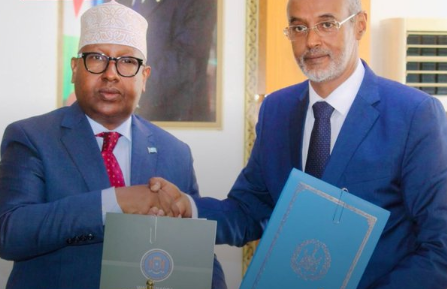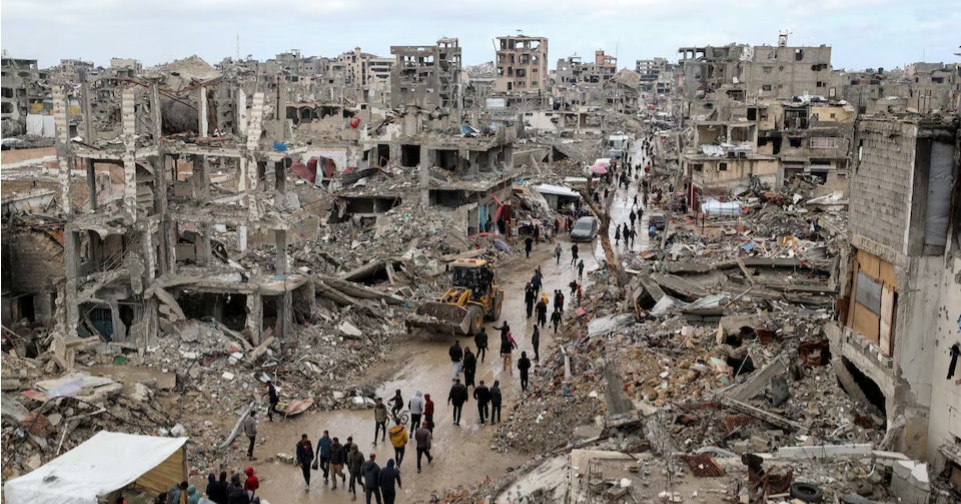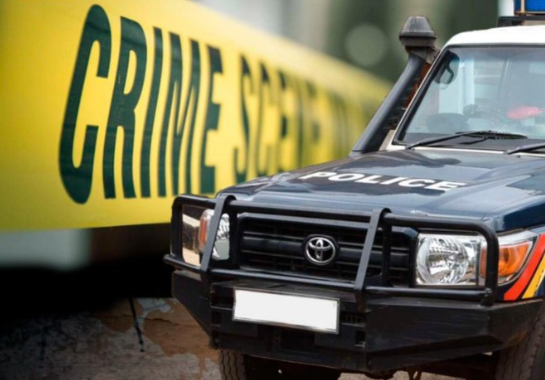Sh100,000 fine: President William Ruto backs controversial Demonstration Bill 2024 amid backlash
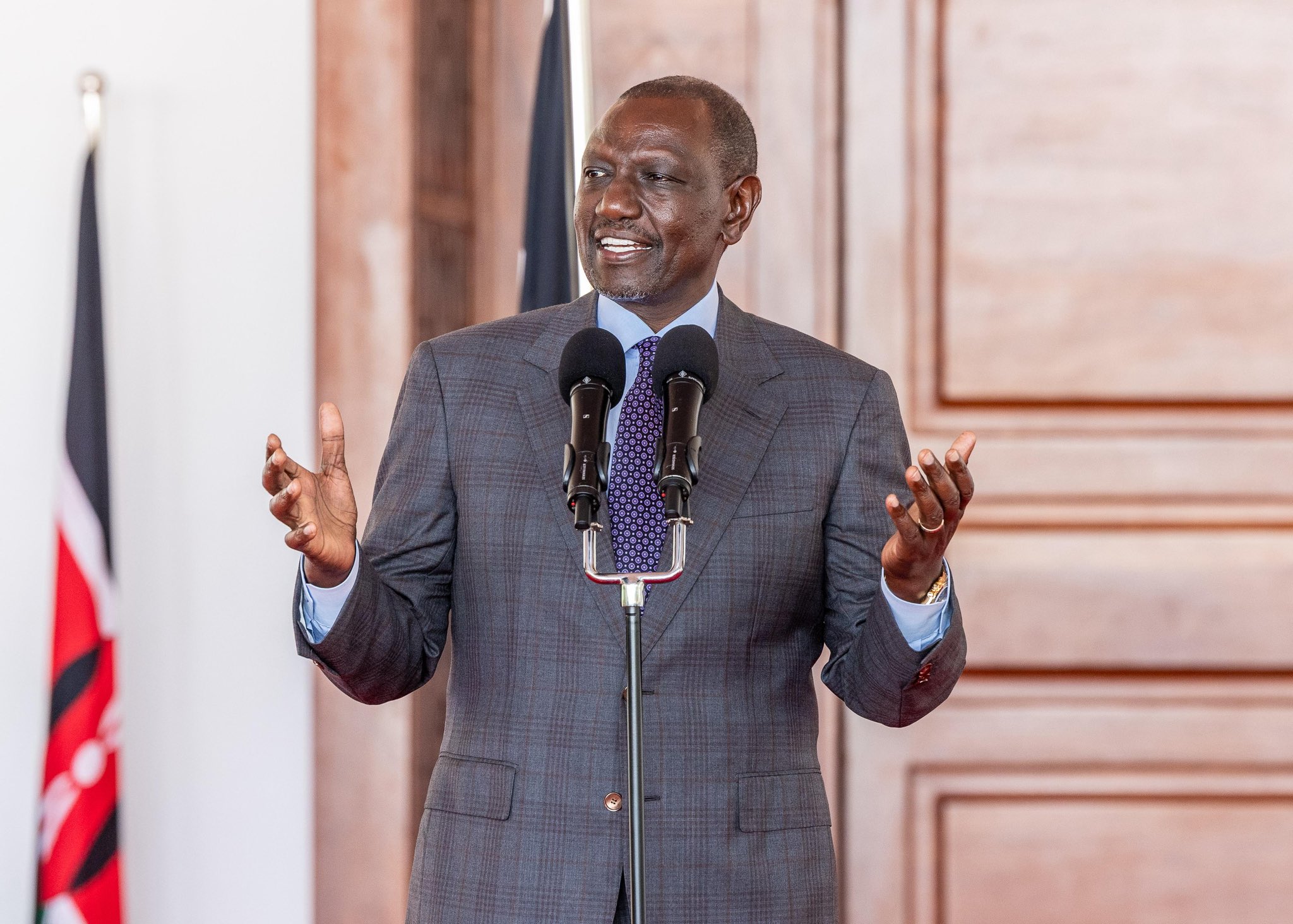
Kenyans could now be jailed for up to one year or fined Sh100,000 for participating in spontaneous demonstrations, under a controversial government-backed proposal seeking to tighten control over public protests.
The Assembly and Demonstration Bill, 2024, reintroduced after earlier backlash, has returned to the spotlight in the wake of nationwide Gen Z-led protests. The Bill seeks to overhaul how Kenyans exercise their constitutional right to assemble, with provisions that critics say could effectively criminalise unplanned protests.
More To Read
- OCS Talaam ordered to vacate house, surrender police gear after interdiction
- IEBC: Only MCAs can be recalled, non-performing MPs and senators protected by legal gap
- IEBC must rein in early campaigns to avoid heightened political tensions -LSK
- LSK rejects Passaris’ protest Bill, warns MPs against curtailing freedoms
- LSK faults IPOA over inaction, urges tougher oversight, compensation for police brutality victims
- Rex Masai killing: Photojournalist tells court he filmed police officer Murangiri pull trigger
President William Ruto has publicly thrown his weight behind the Bill, stating: “We will have a conversation with the Judiciary and all the other actors, Members of Parliament. I think it is time we had a law that regulates how we carry out demonstrations in Kenya. We must protect the right of those who want to demonstrate, picket and protest, but equally, we must also protect the right of those who don’t want to participate in the demonstration. They want to go about their business. They want to go to work.”
The proposed law, first introduced in April by Public Service Cabinet Secretary, Geoffrey Ruku, while he was Mbeere North MP, requires protest organisers to give police advance notice of between three and 14 days. Clause 5(3) of the bill outlines strict information requirements, including the organiser’s full name and address, the protest date and time, location, expected number of participants, and even the slogans and placards to be used.
Clause 18 states that failure to notify police will constitute an offence punishable by a fine not exceeding Sh100,000, imprisonment for a year, or both, making spontaneous protests a criminal act.
Beyond notice requirements, the Bill grants police, now referred to as regulating officers, sweeping powers to modify or shut down protests. Clause 7 allows them to “impose such conditions and restrictions as they may deem necessary for the maintenance of public order, safety and protection of rights,” based on perception rather than evidence.
This includes changing protest routes, limiting attendance, banning placards, or cancelling protests altogether if deemed disruptive.
Clause 10 goes further, placing full legal responsibility for any damage caused during protests on the organiser, regardless of whether the harm was caused by infiltrators or third parties.
“An organiser shall be personally liable for any loss or damage caused during the assembly, demonstration or picketing,” reads the Bill.
The Bill also empowers the interior cabinet secretary to draft regulations for implementing the Act, without parliamentary oversight. Clause 21 says the CS may make any rules “for the better carrying out of this Act,” raising fears of executive overreach.
While the government argues the Bill is aimed at restoring order, critics warn it threatens to roll back fundamental freedoms. During public participation forums, civil society organisations, human rights agencies, and independent police watchdogs campaigned against the bill, branding it unconstitutional and unnecessary.
The National Assembly Committee on Administration and Internal Security is currently reviewing the public submissions. It may choose to amend, drop, or forward the bill for full House debate.
At least 19 people have been killed and 531 injured in the recent protests held to mark the anniversary of the Gen Z demonstrations. The Kenya National Commission on Human Rights (KNCHR) has also documented 15 cases of enforced disappearances and 179 arrests, alongside disturbing incidents of sexual violence, including two rapes, two gang rapes, and one attempted gang rape.
“The commission strongly condemns all human rights violations and urges accountability from all responsible parties,” KNCHR said in a statement, while expressing condolences to victims’ families.
Despite public outcry over the Bill, President Ruto reaffirmed his commitment to maintain law and order in Kenya.
“It is the responsibility that is on my shoulders now, and I want to assure this nation I will do the best that I can to protect everybody now,” he said.
The Bill also repeals key sections of the Public Order Act and seeks to become the primary legal framework for managing protests in Kenya.
Top Stories Today

